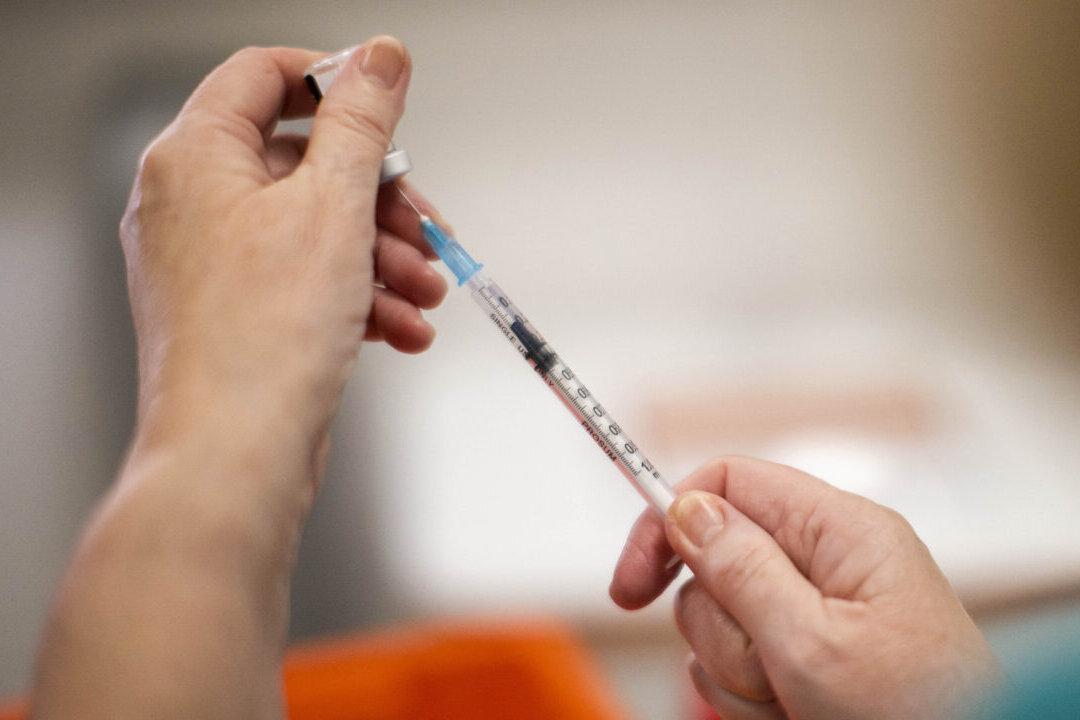Former Conservative Party leader Erin O’Toole is criticizing the World Health Organization (WHO) for approving “less-effective” COVID-19 vaccines produced in communist China while rejecting a made-in-Canada version due to the Canadian company’s ties to a major tobacco company.
“The WHO has approved several less-effective emergency use vaccines funded by China, but is rejecting an innovative Canadian vaccine because of one of their investors…Unbelievable,” said the Tory MP on Twitter on March 25.





